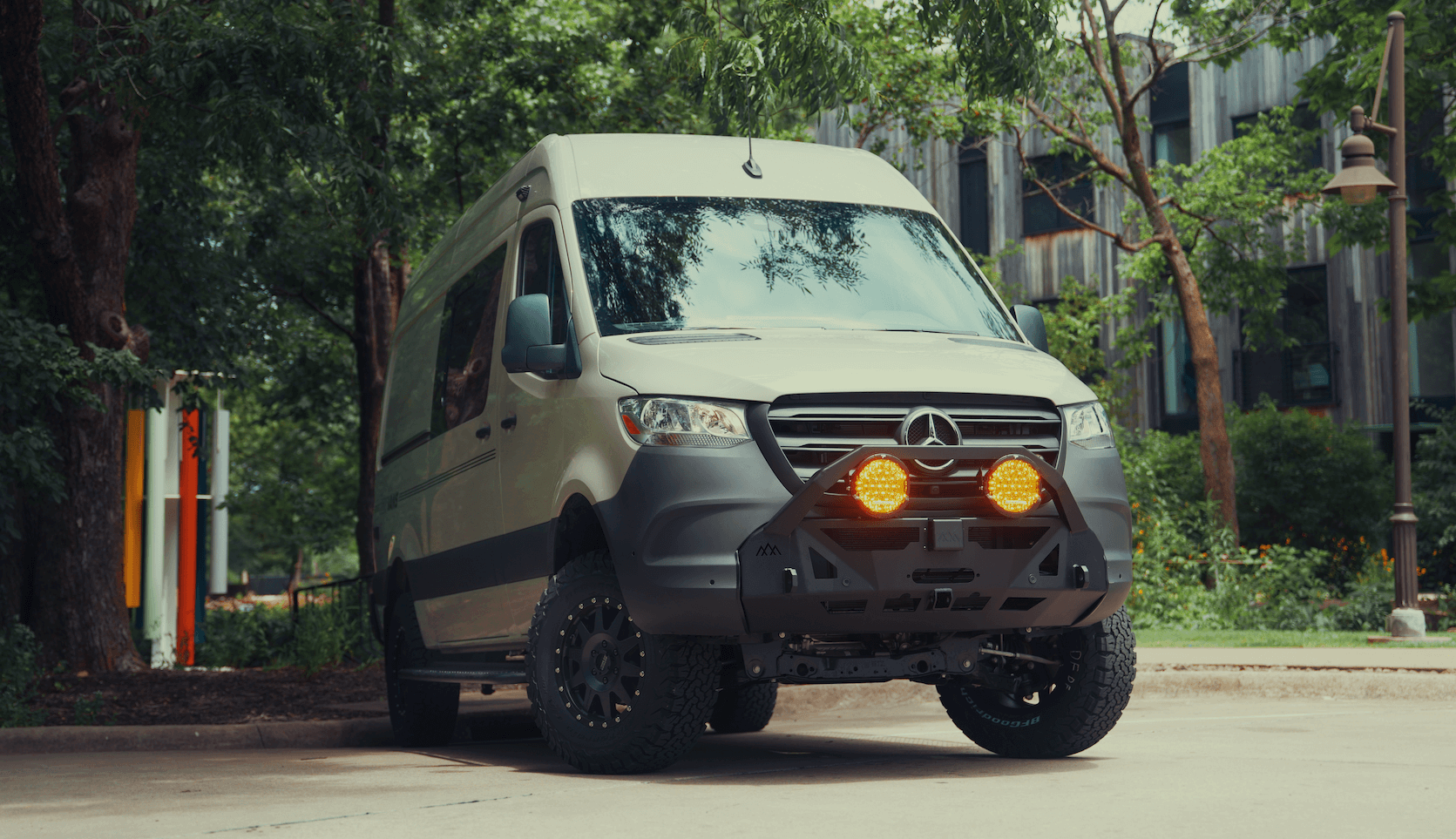Recreational Vans

A full cost picture starts with two numbers: what you pay for the van and what you invest in the conversion. The base van can run 25k to 80k depending on age, mileage, trim, and whether you choose a Transit, Sprinter, or Promaster. Conversion costs stack on top and vary by scope, materials, and professional labor.
Labor is the multiplier. Professional conversions typically require 300 to 800 shop hours, influenced by custom metalwork, complex electrical, and interior finishes. Shop rates commonly land between 90 and 175 per hour. Materials have climbed in recent years, so allow a healthy buffer for electrical components, birch or composite sheet goods, and specialty hardware. Finally, factor in registration changes, insurance adjustments, and a post build shakedown budget for tweaks after the first few trips.
Cost clarity comes from breaking the build into systems. Each category has a typical price band and an optional tier that can raise totals quickly.
Professional hours bundle design, CAD, fabrication, wiring, plumbing, cabinetry, finishing, and testing. Expect 27k to 140k in labor at common market rates. Custom metal fabrication, CNC work, and DOT compliant seating or flooring require additional time. Complex electrical integrations with redundant charging and multiplex controls also add hours. Precision saves rework and protects resale value.
Electrical is both a cost and an experience multiplier. Correct wire gauge, thermal protection, and clean routing prevent failures and make troubleshooting straightforward years later.
Exterior adds like roof racks, side ladders, awnings, bumpers, lighting, and suspension upgrades can tack on 2k to 15k. These are often the final touches that improve usability and stance while preserving payload.
Time affects money. A thorough custom build usually spans 6 to 16 weeks of shop time, depending on the queue and parts availability. Lead times for premium components such as 12V air conditioning, specialized windows, or seating systems can stretch schedules. Plan deposit timing around those long lead items so the install phase stays efficient.
Resale value rewards clean workmanship, serviceable wiring, and known brands in critical systems. A well documented electrical diagram, labeled circuits, and tidy plumbing are signals to future buyers and insurers. If you finance the van, remember that many lenders underwrite the vehicle, not the conversion, so your upfit spend is typically separate from the auto note. Some buyers choose platforms and options with stronger book values to support future trade scenarios.
When comparing quotes, align scope line by line and confirm inclusions down to wire gauge, fastener type, and finish materials. The lowest bid may omit critical safety or service items. The highest bid may include premium components you do not need. The right number matches how you travel, climate factors, and whether you need true four season performance.
Looking for next steps with a professional team in Fayetteville, Arkansas and beyond? Start by exploring build paths that match your travel style, capacity needs, and budget. See examples and plan your scope here:
OZK Customs designs and builds complete adventure vans and partial upfits with careful attention to electrical safety, weight balance, and long haul reliability. Our team guides you through scope definition, parts selection, and a clear schedule so your budget tracks to a finished rig that feels intuitive from day one.
Get a tailored estimate: Tell us your travel plans, passenger count, storage goals, and comfort must haves. We will translate that into a clean line item proposal with options that protect payload and resale. When you are ready, we handle the build and handoff at our shop so you can roll out confident.
Share your build goals and ideal timeline. We will map your budget to the right platform, components, and install plan, then deliver a custom van that works as hard as you do.
Ready for a precise estimate built around how you travel, work, and live on the road? Share your priorities and timeline. OZK Customs will map your budget to parts, labor, and a clean build plan, then deliver a custom van that feels dialed from day one. Start your quote now.
ADDRESS:
6159 E Huntsville Rd, Fayetteville, AR 72701
PHONE:
(479) 326-9200
EMAIL:
info@ozkvans.com